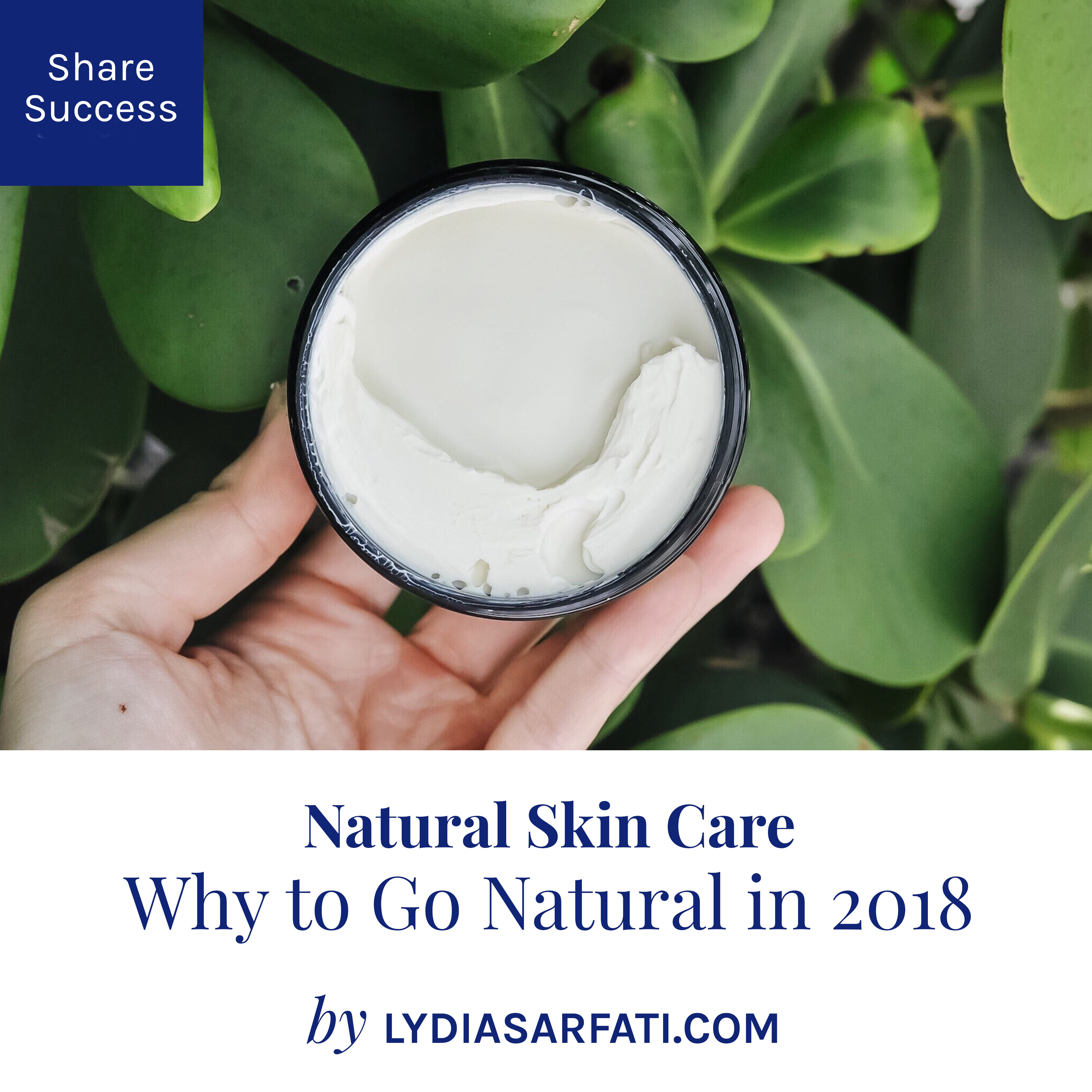
Since launching Repêchage in 1980, my commitment has stayed the same: to provide the best, high quality effective skin care treatments and products made with natural ingredients from both earth and sea. In today’s market, it is clear that ingredients derived from nature are here and here to stay.
A recent study found that women 35-54 are increasing going green; 69% of women in this age group say purchasing natural products is important to them, an increase of 10 percentage points from the previous year.
As an esthetician, carrying treatments and products that are made with natural ingredients, and making your clients aware that of this, will help attract new business. Read below to learn natural skin care trends, proven natural ingredients, and what skin care treatments made with natural ingredients you can offer.
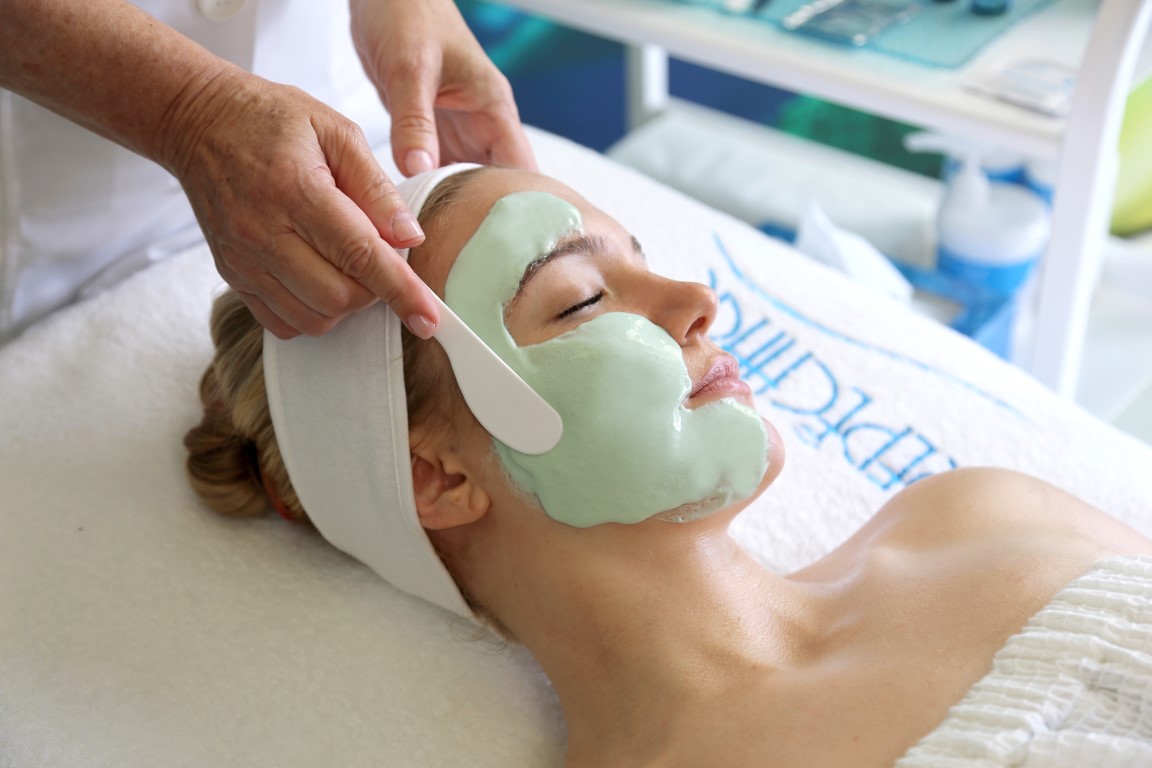
What natural skin care trends are happening in the spa/salon industry?
When it comes to skin care, the focus now is on optimizing the appearance of the skin gently but effectively by going back to nature. There is a strong desire for natural ingredients over artificial ingredients. Not all natural ingredients are good for you, however; estheticians should always look for facial treatments that contain ingredients that have proven skin benefits.
What are the proven natural ingredients should estheticians look for and administer to clients?
Seaweed
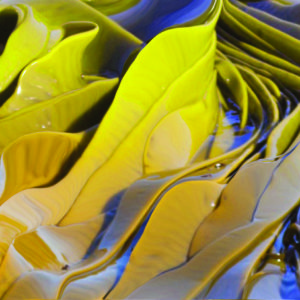
Seaweed is a natural ingredient that has excellent benefits for the skin. Seaweeds are able to uptake minerals by absorption and active transport from seawater and have close symbiotic associations with bacteria for important vitamins necessary for their growth. Because of these processes, some seaweeds become a dense concentration of vitamins, minerals, trace-elements, macro-elements, phytohormones, amino acids, proteins and lipids.
Natural Fruits and Vegetables
Citrus Sinensis (Orange) Fruit Water
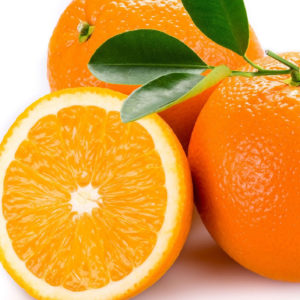
Made as a byproduct of steam distillation from the blossoms of an orange tree, Orange Water is known to help improve the appearance of skin pores. It is also known as a mild astringent that can help refresh oily skin.
Cucumis Sativus (Cucumber) Extract
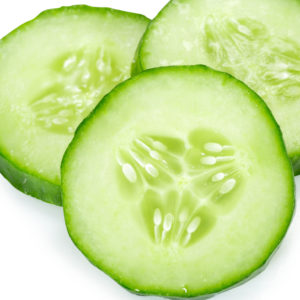
Cucumber is widely known as soothing and cooling, but the essential oil of cucumber has even greater benefits with vital fatty acids and anti-oxidants, such as Vitamin E and Zinc, and cucumber oil.
Vitis Vinifera (Grape) Seed Oil
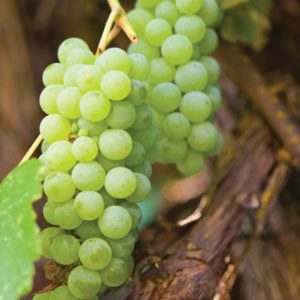
The seed of the grape plant (Vitis vinifera) yields a fine textured, linoleic-rich oil which has been shown to have antioxidant properties.
Coconut Oil
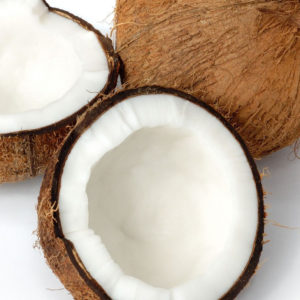
A natural emollient that is known to help to reduce dryness and assist in moisturization any time, but particularly beneficial after exposure to sun and other harsh elements.
Olive Oil and Olive Leaf Extracts
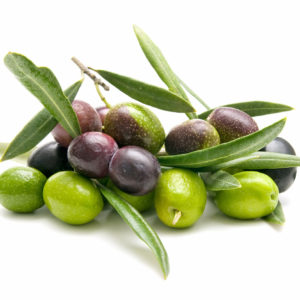
A source of essential fatty acids, rich in Vitamins A and E, they are known to provide excellent anti-oxidant properties. Olive oil contains natural Squalane, which is known to help to moisturize the skin.
Citrullus Lanatus (Watermelon) Fruit Extract
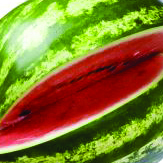
This highly purified Watermelon Extract contains naturally occurring vitamins, carbohydrates and amino acids.
Blueberries
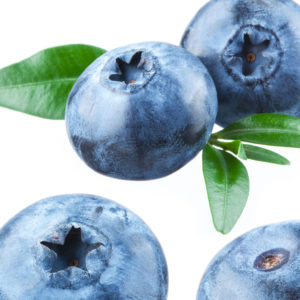
Rich in Vitamins A and C, is known to help skin look younger, suppler and more vibrant, reducing the appearance of fine lines and wrinkles.
Strawberries
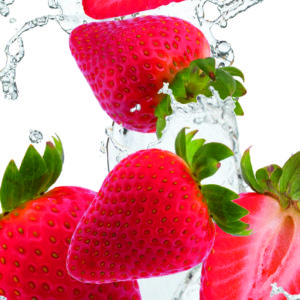
Contains Vitamin C and Salicylic Acid, known to help to deep clean and exfoliate the skin and reduce the appearance of the pores. Known to help skin look vibrant and more radiant.
Natural Teas
Matcha
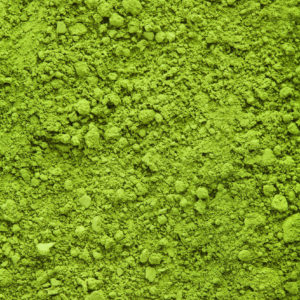
Matcha is known as the purest form of green tea. Unlike most green teas, matcha is shade grown and ground into a fine powder, containing the entire leaf of the Camellia sinensis, giving it the highest concentration of anti-oxidants, including EGCG (epigallocatechin gallate). Matcha is also rich in chlorophyll and amino acids known to help soothe and calm the appearance of the skin.
Camellia Sinensis (Green Tea) Leaf Extract
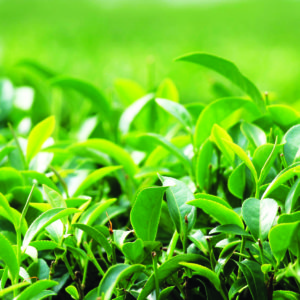
Extract of unfermented tea, high in catechins such as epigallocatechin gallate (EGCG), gallocatechin (GC), epicallocatechin (EGC), and epicatechin. (EC)
Aspalathus Linearis (Rooibos) Leaf Extract
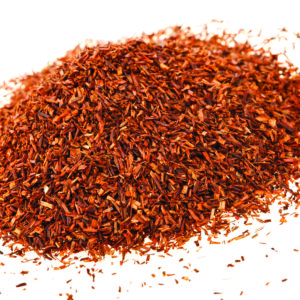
Known as Aspalathus linearis, rooibos is a member of the legume family of plants native to South Africa, from which is derived rooibos herbal tea. Rooibos is a source of vitamin D and zinc, and is known to be gentle on the skin.
Natural Flowers and Plants
Mirabilis Jalapa Extract
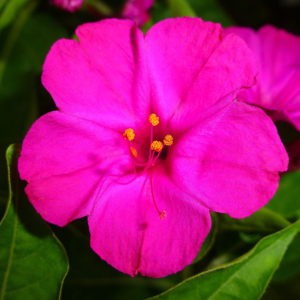
Native to tropical America, Mirabilis Jalapa is commonly used in areas of Brazil. This extract is known to be useful in improving the appearance of sensitive and dry skin.
Aloe Barbadensis (Aloe Vera) Leaf Juice
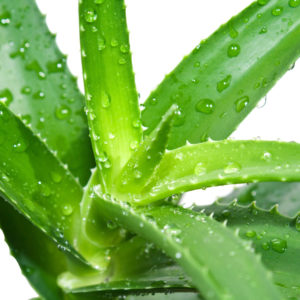
Contains minerals, amino acids, vitamins, and enzymes that are known to help improve the appearance of the skin’s firmness and keep the skin hydrated.
Hypericum Perforatum (St. John’s Wort) Extract
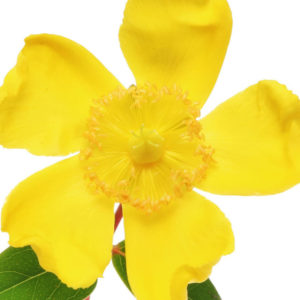
Obtained from the flowers, leaves, capsules and stemhead of Hypericum Perfortatum, St. John’s Wort. it is known for its purifying, soothing and toning properties.
Salvia Officinalis (Sage) Leaf Extract
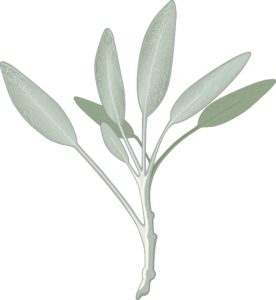
Obtained by extraction from the flowering plant Salvia Officinalis, a small evergreen perennial native to the Mediterranean region. Smells and tastes like camphor. Known to have a strong astringent property.
Chamomilla Recutita (Matricaria) Flower Extract
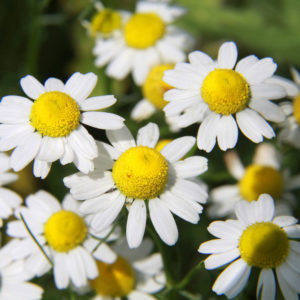
Extracts made from the daisy-like white and yellow heads of the Chamomile flowers.
Gotu Kola (Centella Asiatica Extract)
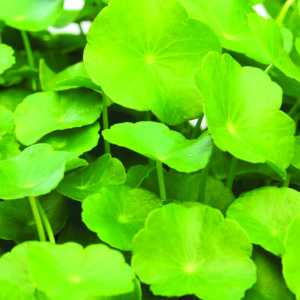
A natural plant known in Asia for its beneficial effects.
Bellis Perennis (Daisy) Flower Extract
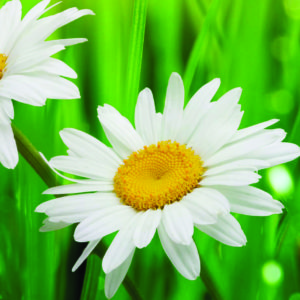
A skin-brightening agent derived from Daisy Flowers.
Rosmarius Officinalis (Rosemary) Leaf Extract
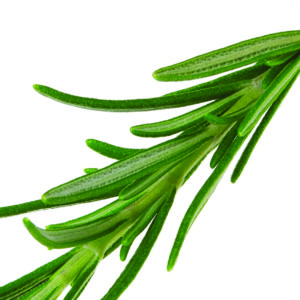
Obtained from the leaves of Rosmarinus Officinalis.. Known to help the skin look refreshed.
Melissa Officinalis (Balm Mint) Leaf Extract
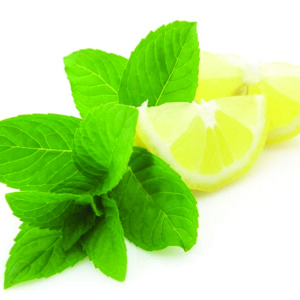
Rich in caffeic and rosmarinic acids, Lemon Balm Leaf Extract has many skin care benefits.
Helianthus Annuus (Sunflower) Seed Extract

Known to have moisturizing properties. Also known to be high in essential fatty acids and antioxidants.
Ginkgo Biloba Extract
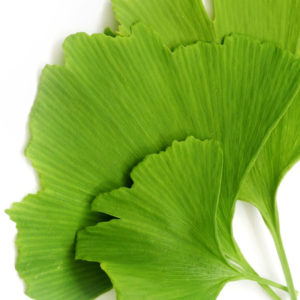
An extract of Ginkgo Biloba. A sacred tree of the Chinese.
Cymbopogon Flexuosus (Lemongrass) Oil
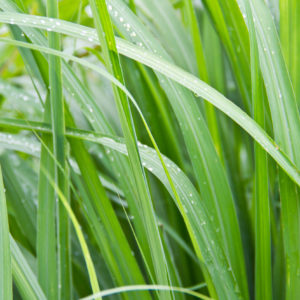
Lemongrass extract is known to act as an astringent and help to minimize the feeling of oiliness.
Natural Clays and Minerals
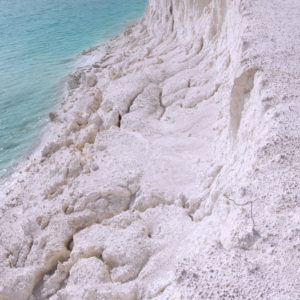
Kaolin, Diatomaceous Earth and Illite are three natural clays that are particularly beneficial in face masks. These clays are known to help deep cleanse and draw out impurities from the skin. It’s important to note that the popularity of clay skin care products has risen amongst consumers and the overall market value of facial masks is estimated to reach more than 7.4 Billion USD in 2020.
What are the most effective natural skin treatments estheticians can offer?
Natural ingredients can help deliver high quality skin care to your clients.
Estheticians should focus on offering skin treatments that contain a multitude of natural ingredients from earth and sea that have the most natural affinity to the skin.
In addition, to stay natural, esthetician should look for skin treatments that are non-invasive, paraben-fee, and not tested on animals.
Using treatments with natural extracts and ingredients that are sustainably harvested is important to consider when choosing treatments. This process helps create beneficial and effective formulas for optimum efficiency that is both earth-friendly and skin friendly – two qualities that will continue to be desired by consumers.
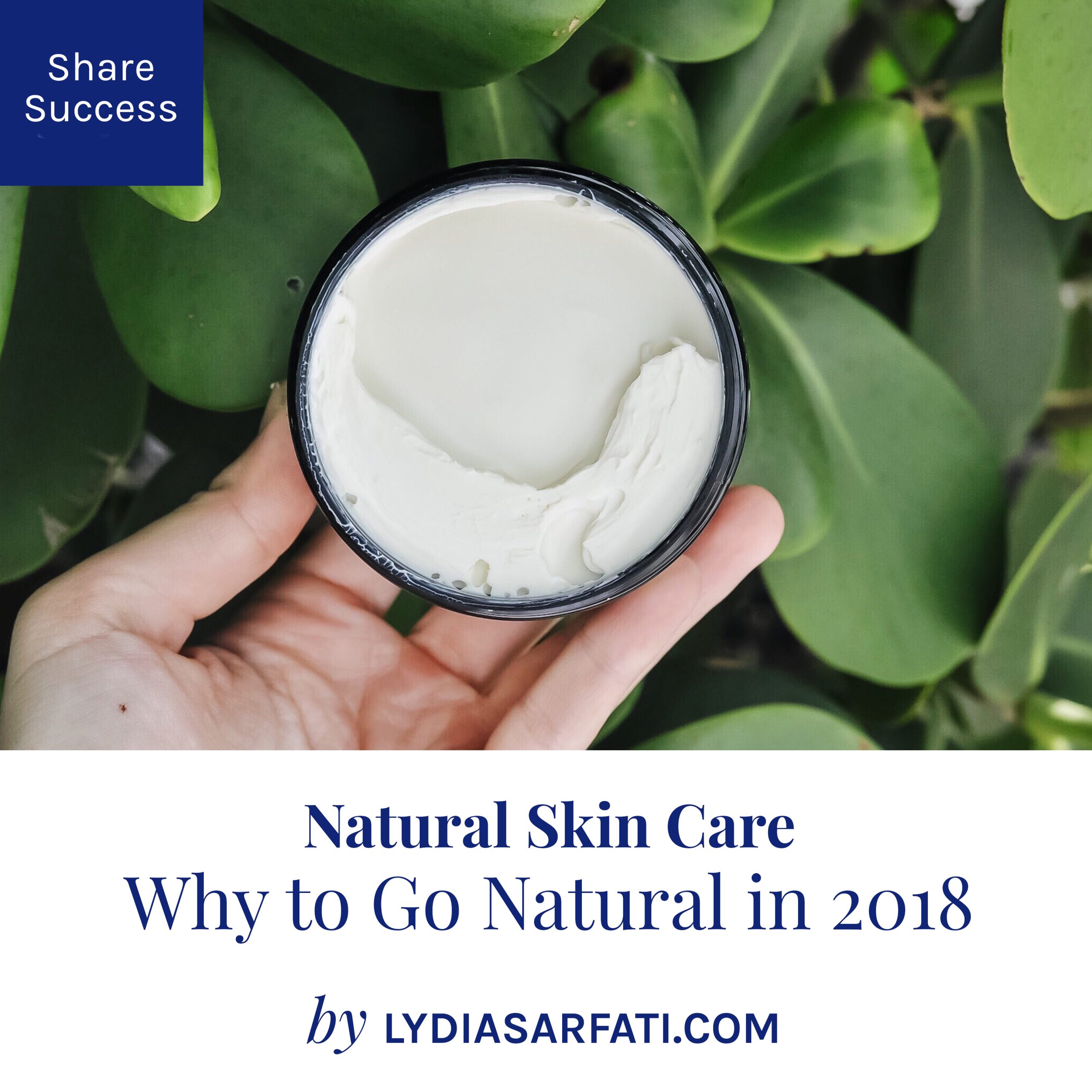
[…] post Natural Skin Care: Why to Go Natural in 2018 appeared first on Lydia Sarfati – Skin Care […]